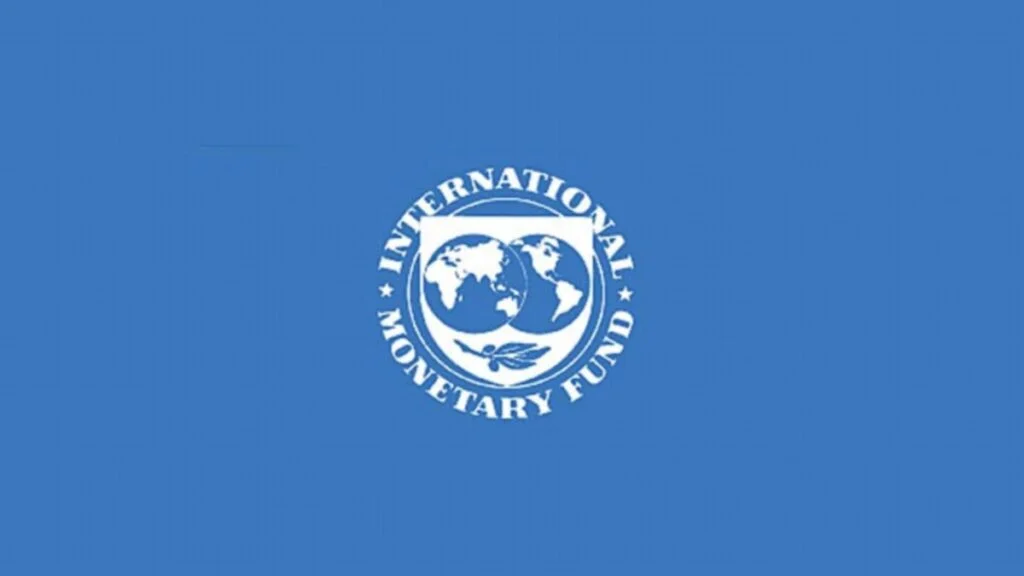The International Monetary Fund (IMF) supports cooperation between nations in creating Central Bank Digital Currencies (CBDCs).

According to Reuters, the IMF is developing a global platform to enhance the interoperability of CBDCs. This platform aims to facilitate trade between countries once it is fully implemented.
IMF Managing Director Kristalina Georgieva emphasized the need for CBDCs to be interconnected instead of fragmented national initiatives. She made this statement during a conference in Rabat, Morocco, attended by African central banks.
Georgieva stated that interoperability is crucial for more efficient and equitable transactions between nations. The IMF recognizes the importance of unified payment systems like SWIFT in the global financial landscape.
As governments continue to explore the feasibility of CBDCs, the IMF is actively working towards a future where over 50% of countries will have their CBDCs in use.
The IMF’s CBDC platform will be precious once these digital national currencies gain widespread adoption. Georgieva mentioned that the IMF is investing considerable effort into encouraging nations to embrace a unified framework that enables the global functionality of CBDCs.
She emphasized that limiting CBDCs to domestic use only would not fully realize the potential of the underlying technology. Georgieva noted that 114 countries are actively researching and developing CBDCs, with around 10% nearing completion.
CBDCs currently in use
Regarding CBDCs already in use, the Central Bank of the Bahamas introduced the Sand Dollar CBDC in October 2020, becoming the first institution to do so. The Central Bank of Nigeria also launched the e-Naira, making it the second nation to have an operational CBDC.
Although the People’s Bank of China (PBoC) has yet to launch its CBDC for widespread usage, it is at an advanced testing stage. The Digital Yuan underwent testing during the Beijing Olympics, and multiple prominent retail businesses in China are contemplating its use as a payment mechanism.
